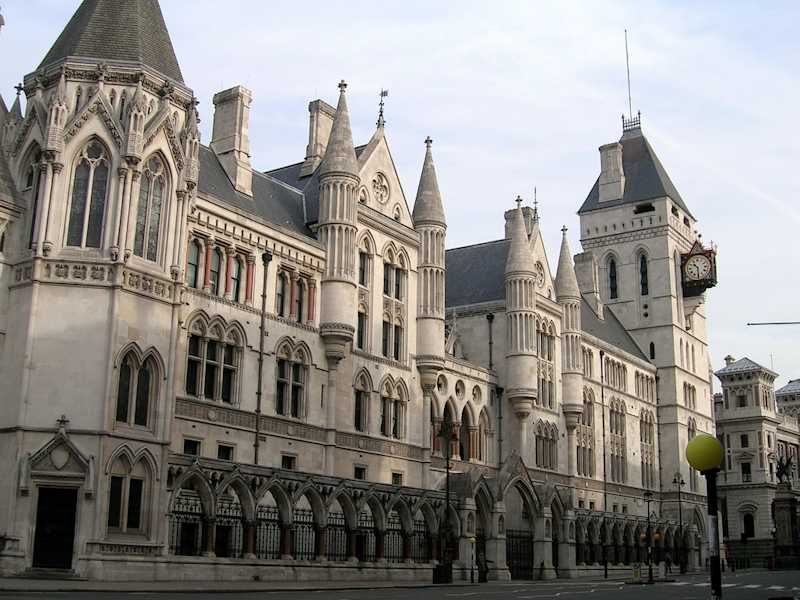Tokyo District Court grants first SEP injunction in Japan
The decision in Pantech v Google has attracted a great deal of attention but is, in fact entirely consistent with established jurisprudence
By Yoshinori Shimizu
On 23rd June, the Tokyo District Court issued a ruling ordering an injunction against the sale of the Pixel 7 in a patent infringement lawsuit filed by Pantech against Google. This decision has been described as the first Japanese case in which an injunction has been granted based on a standard essential patent (SEP).
In Japan, the 2014 Grand Panel decision of the Intellectual Property High Court in the Apple v Samsung case held that it is inappropriate to allow the exercise of the right to seek an injunction against a party willing to obtain a licence under FRAND terms. For more than 10 years since then, there had been no actual cases in which an injunction was granted.
As a result, there may have been a perception that injunctions would not be granted in SEP litigation in Japan. However, even in the Apple v Samsung case, the court reaffirmed that one may be awarded against a party unwilling to obtain a licence under FRAND terms. Therefore, the Tokyo District Court’s decision does not represent a departure from the established legal framework.
The court’s full decision in Pantech v Google has not yet been published, but according to media reports, although Google agreed to engage in settlement discussions before the Tokyo District Court, it failed to disclose information necessary to calculate licensing terms, such as the number of infringing units sold or total sales; neither did it present any settlement proposal. The court reportedly concluded that Google had “eliminated the possibility of negotiation on its own”.
Given all this, while the Apple v Samsung decision emphasised that a finding of unwillingness to license under FRAND terms should be made with caution, even under a strict interpretation, Google’s conduct in this case could reasonably be deemed that of an unwilling licensee.
Based on media reports, Google’s conduct might even appear provocative towards the court. The reason behind its approach remains unclear, but the fact that the product in question - the Pixel 7 - had already been discontinued from sale in Japan might be a key factor. Given that an injunction would have no impact on its business, one might speculate that Google was testing the threshold for being deemed unwilling.
As noted above, this case does not overturn the legal reasoning established in the 2014 Apple v Samsung decision. However, the fact that an injunction was actually granted could serve as a catalyst for increased SEP litigation in Japan. However, it is important to note that the decision is subject to appeal. Google has just over a month to decide whether it will take this path.
Although unrelated to this ruling, another factor that could encourage more litigation in Japan is the depreciation of the yen. In June 2014, the USD/JPY exchange rate was around 102 yen, whereas it is now approximately 145 yen. That is a depreciation of about 40%. This makes Japan a potentially more attractive venue for foreign patent holders from a cost perspective.
Yoshinori Shimizu is managing director of Sisvel’s Japanese office


